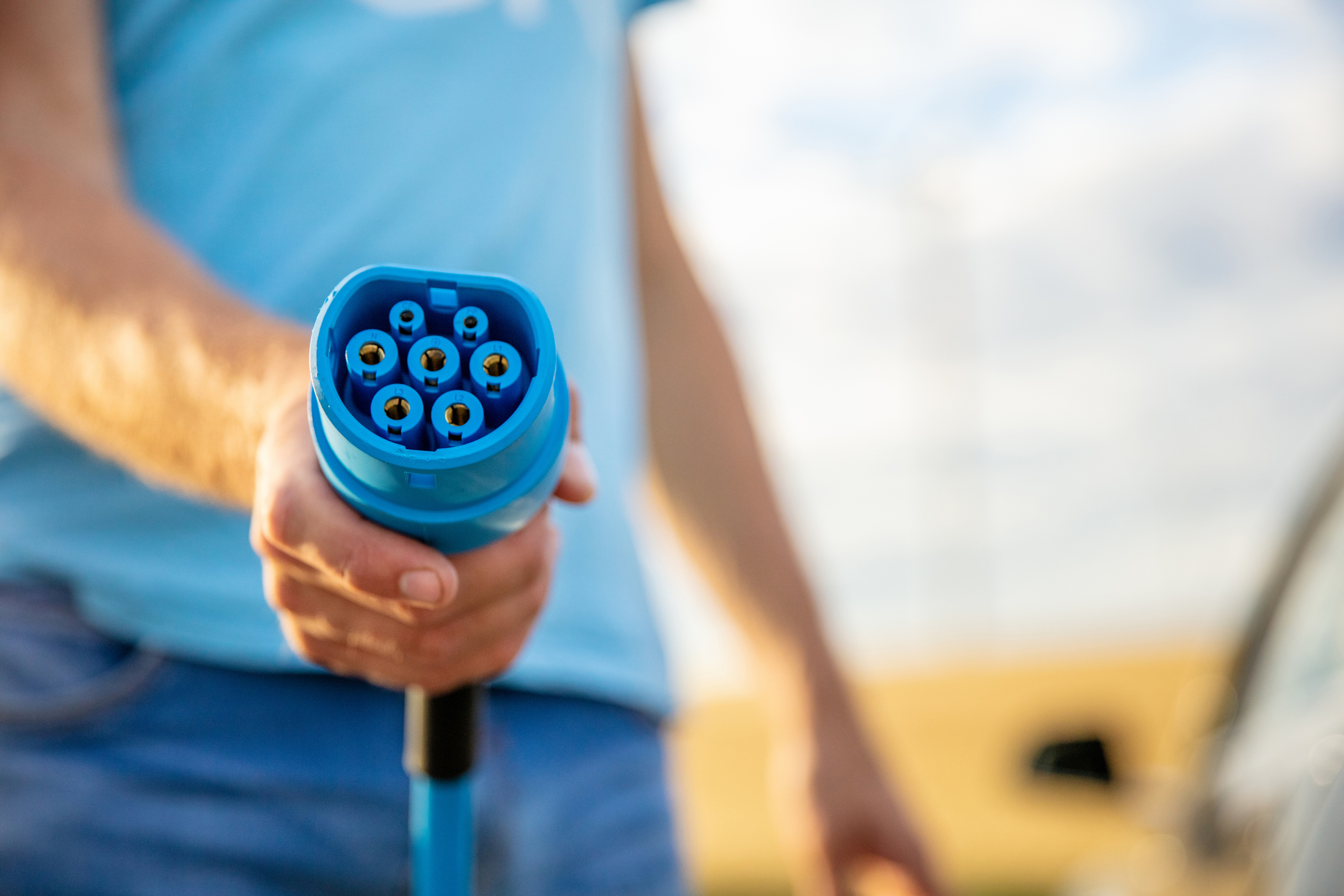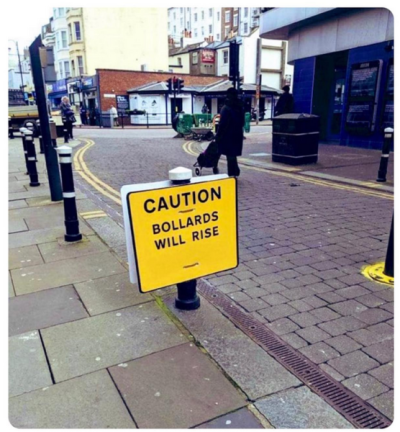I would seriously consider an EV if I could find one in the spec and price that I favour in an ICE. However, on a trip to rain swept Cornwall recently we pulled into a services near Gloucester, the one everyone uses, and observed several EVs charging and others waiting for a vacant charger. The filling station was also busy refuelling ICEs.I wondered what the future would be if ALL of the cars in the services were EVs and required refuelling in the same proportion as the ICEs. Expand that across the whole country and that is a humongous extra load of electricity (and time) required. I accept that recharging times will come down in the future, but I am equally certain that the electricity required to recharge will not come down.
Are we in danger of creating a new monster in order to have cleaner city air?
Is there a better way?
You and I are going to have to wait quite a while for that EV. It's ICE for the foreseeable future.
Yes, petrol stations are already converting to EV. See all the oil company annual reports. It's a massive money spinner. You drive in, plug in, hop in to buy yourself some overpriced rubbish groceries and cakes, walk out to the car, unplug and drive off.
And for the service areas, it's just the parking bays that get new chargers, they don't even bother to convert the petrol station
"If" Markjay ever sells me his Ioniq 5 - at the right price - I'm certain I would need to use a commercial charger - in the UK - about eight times a year. I can't see much of a problem finding one.
How did you do the numbers to work out that electricity consumption across the UK will go up? UK electricity consumption dropped 19% in Q3 of 2023 - because of the prices.
The national grid reckons that it's got one trillion kWh coming on stream within the next five years.
Take an easy number and call it enough to power three trillion miles a year by British EV owners.
Or roughly a million miles per EV owner, assuming three million EV's in use by 2028
The UK has hit a major milestone as we pass the one trillionth kilowatt hours (kWh) of electricity generated from renewable energy sources, the equivalent of everyone in the UK watching every James Bond movie 13 times a day, every day for a year.
 www.nationalgrid.com
www.nationalgrid.com





